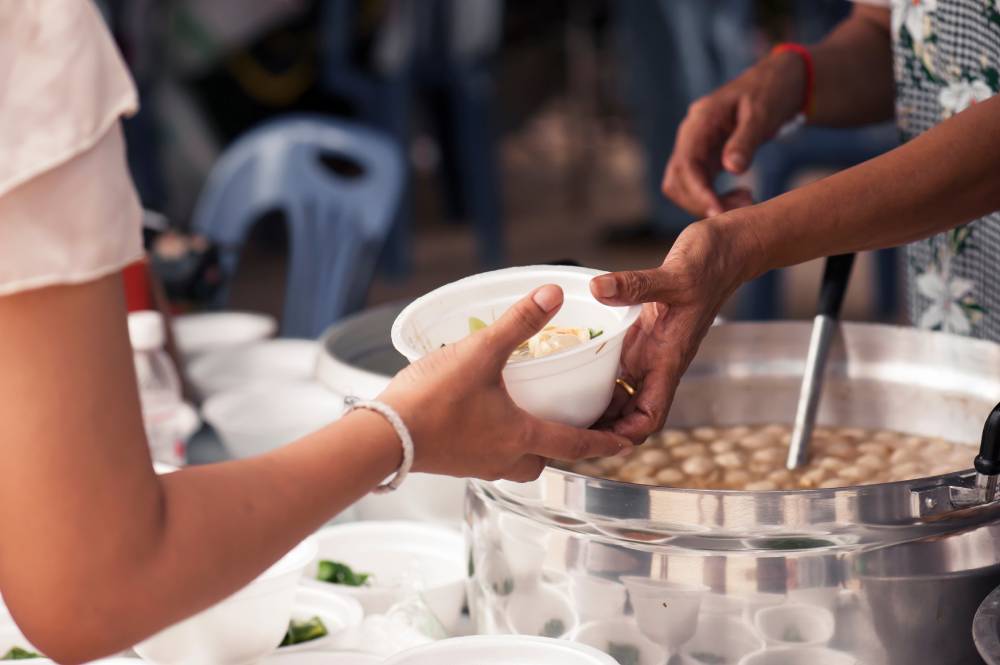
Study Finds Children of Cancer Patients Face Higher Rates of Food Insecurity, Financial Hardship
The cost of cancer care in the United States is high, with the national patient economic burden estimated at $21.09 billion in 2019. That includes out-of-pocket costs of $16.22 billion. A new study shows how such costs could be impacting families, especially the children of cancer patients.
American Cancer Society researchers recently investigated financial hardship among children whose parents have a history of cancer. The findings, published in JAMA Network Open, show that compared to children whose parents don’t have a cancer history, there were higher rates of insecurity in housing, food, and other necessities in the family. The team says this suggests that there should be efforts to identify children with parental cancer histories to help address their economic needs.

Dr. Zhiyuan “Jason” Zheng, the study’s lead author and senior principal scientist of health services research at the American Cancer Society, says, “Cancer is a life-threatening disease and parents with a history of cancer are often saddled with worry about paying for food, the rent or mortgage, and other monthly bills. Our earlier research has shown us how a parent’s diagnosis of cancer can impact a child’s physical and mental health, but not much was known about the social and economic impact until now. We hope these findings will help shine a spotlight on this important issue.”
The research involved just under 23,000 children between the ages of 5 and 17 whose data came from the National Health Interview Survey, an annual survey involving information provided by households. The data for this study came from 2013 to 2018.
The team found that among children with a parental cancer history, there was more severe family-level food insecurity, more worry from their parents about housing costs and paying monthly bills, and more frequent delayed medical care due to transportation barriers. Children from low-income families were the most likely to experience these issues, as were girls, non-Hispanic Black children, and children whose parents had multiple comorbidities.

Going forward, Dr. Zheng says a few things should be addressed, based on this study: “Strategies are needed to identify children with a parental cancer history and to identify and address these critical unmet needs. Also, further study is needed to determine if these unmet economic and social needs among children last through adulthood.”
Other research has turned up similar findings on cancer. A recent study found that housing insecurity is high among cancer survivors, while another found that low-income survivors have worse physical and mental health, owing in part to financial hardship.
